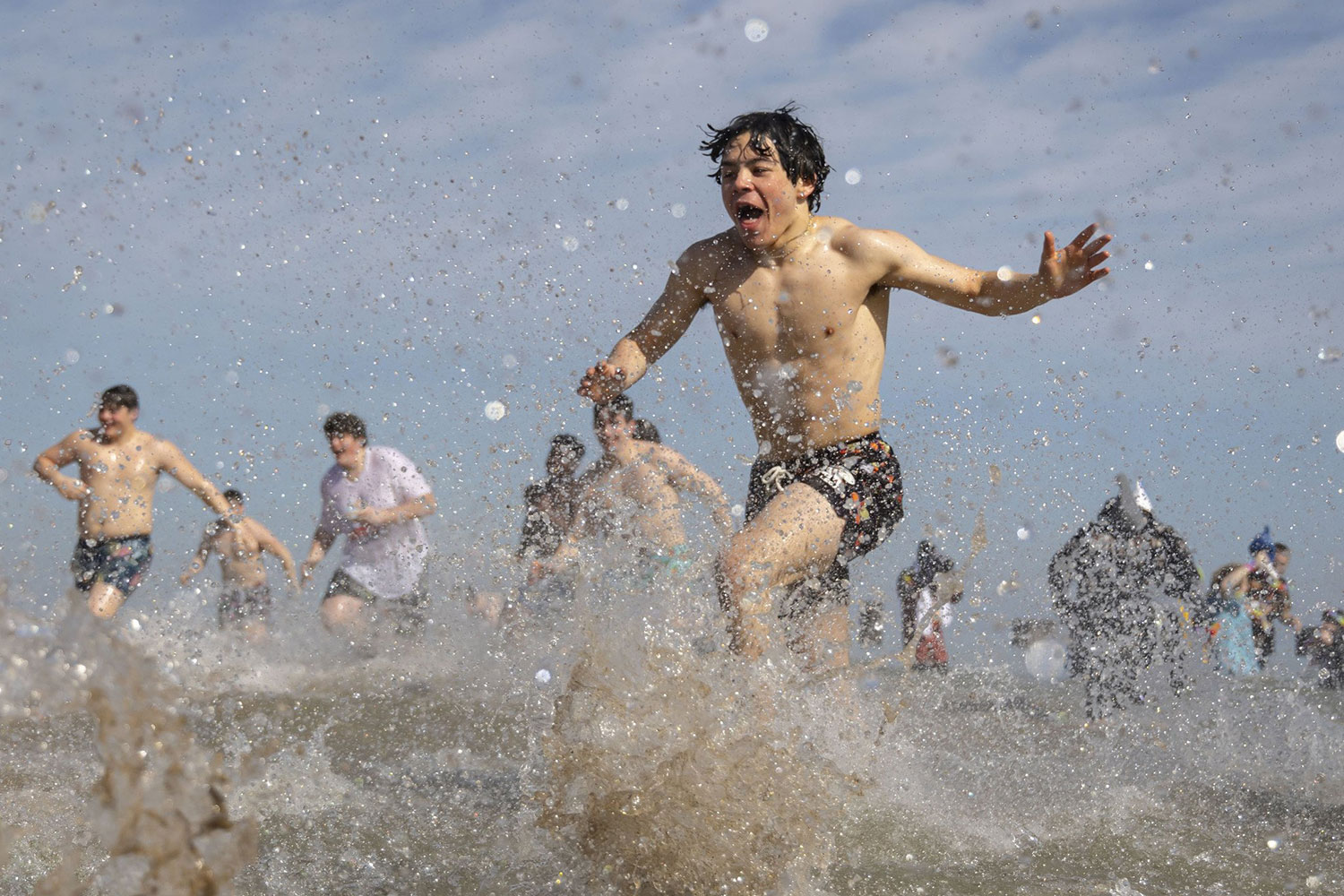The late Sam Kinison, the second-funniest comedian to come out of Illinois, launched his career with a riff about solving world hunger.
“Stop sending them food,” Kinison whispered, then screamed, as was his shtick. “Don’t send them another bite. Send them U-Hauls. Send them a guy that says, ‘You know, we’ve been coming here giving you food for about 35 years now and we were driving through the desert, and we realized there wouldn’t BE world hunger if you people would live where the FOOD IS! YOU LIVE IN A DESERT!!!’”
I thought of Sam last week when I read a USA Today article about water shortages in the western states. Apparently, the Colorado River, which flows through Colorado, Utah, Arizona, Nevada, and California, “is drying up from drought and overuse.” Perhaps, NASA hydrologist Jay Famiglietti suggested, the West could slake its thirst by draining the Great Lakes, which contain 6 quadrillion gallons of water — 20 percent of the surface freshwater on Earth.
“Fifty years from now there might actually be a pipeline that brings water from the Great Lakes to Phoenix,” Famiglietti said. “I think that’s part of our future.”
“The U.S. has plenty of drinking water,” USA Today concluded — “it’s simply in the wrong place.”
Hey, USA Today, let me fix that sentence for you. It should read, “The U.S. has plenty of people. They’re simply in the wrong place to drink water.” To paraphrase Sam, let’s not send water to the Southwest, let’s send U-Hauls – preferably the same U-Hauls Southwesterners drove away from Illinois, which has been the second most moved-out-of state for the last three years in a row, according to the truck rental company, and was one of three states that lost population in the 2020 Census. The states with the biggest population increases? Utah, Idaho, Texas, North Dakota, and Nevada. All the places that are running out of water.
For most of human history, people wanted to live near rivers and lakes, as sources of transportation, power, and drinking water. The fastest-growing American cities of the 19th and 20th centuries were on bodies of fresh water: Buffalo, Detroit, St. Louis, Cleveland, Chicago. In the 21st Century, many of those cities have lost more than half their populations — to San Antonio, Phoenix, Fort Worth, and Las Vegas. Retirees wanted to play golf year round. Businesses wanted to move their factories to right-to-work states. Depressives wanted a cure for Seasonal Affective Disorder. Loafers didn’t want to shovel snow. These refugees from cold weather must have figured that modern science would allow them to engineer their way out of water shortages. Modern science hasn’t, so now they’re conniving to bring along the water they left behind.
There is a federal law that prohibits water diversions from the Great Lakes. The Great Lakes–St. Lawrence River Basin Water Resources Compact, signed by President George W. Bush in 2008, bans piping water outside the basin, and requires the approval of all eight Great Lakes governors to provide water to a community straddling the basin. (Only Illinois is exempt from that requirement: under a 1967 Supreme Court ruling, we are allowed to divert 2.1 billion gallons of water a day, much of it to communities outside the watershed. Chicago’s urban sprawl would not be possible otherwise.) Of course, laws are made by politicians and can be unmade by politicians. With every census, Great Lakes states lose congressional seats to Sun Belt states.
Sun Belt politicians have talked about taking our water, too. Former New Mexico Gov. Bill Richardson once said, “I want a national water policy. We need a dialogue between states to deal with issues like water conservation, water reuse technology, water delivery, and water production. States like Wisconsin are awash in water.” Former House Majority Leader Dick Armey of Texas once told unamused Michiganders that the Southwest “could use some of that water of yours.”
Hugh McDiarmid Jr., communications manager for the Michigan Department of Environment, Great Lakes, and Energy, has an answer for those covetous Sun Belters: “They can have all the water they want; all they have to do is move here,” he once said. “In terms of subsidizing golf courses in Arizona and further sprawl in Atlanta, we’re not willing to do that. If you’re having water resource problems, looking to Great Lakes water is not the solution.”
It costs $4,720 to rent a 20-foot U-Haul truck for a move from Phoenix to Detroit. But think of all the savings in housing costs. A young man named Drew Philp bought a house for $500 in Detroit, and wrote a book about restoring it. We have plenty of empty space in the Midwest these days. We also have plenty of water. Southwesterners, you might want to give up trying to wring the last drop out of the Colorado River and give this place a try. Moving here is the only way you’ll ever drink out of the Great Lakes.
“We have deserts in America,” Kinison ended his rant. “We just don’t live in ’em!”
We do, idiotically. Now it’s time to stop, and go back to living by the water.



